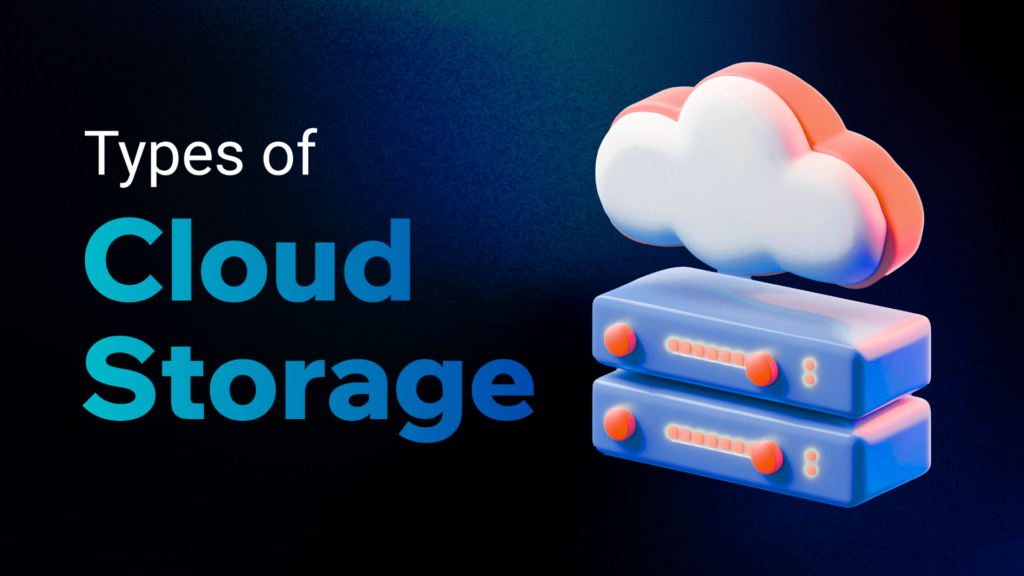
Cloud storage comes in different forms, and understanding these types is crucial for selecting the right one. Cloud storage can be broadly classified into three main categories: public cloud, private cloud, and hybrid cloud. Each offers a unique set of features, pricing structures, and security measures, making them suitable for different use cases.
Cloud storage can be categorized into several types based on different factors such as access method, infrastructure, and service model. Here are the main types:
1. Public Cloud Storage
- Description: Managed and maintained by third-party providers, accessible over the internet.
- Examples: Google Drive, Microsoft OneDrive, Amazon S3.
- Best For: General use, scalability, and affordability.
2. Private Cloud Storage
- Description: Dedicated to a single organization, either hosted on-site or by a third party.
- Examples: Private data centers, AWS Outposts.
- Best For: Security, control, and regulatory compliance.
3. Hybrid Cloud Storage
- Description: Combines private and public cloud, allowing data to move between them.
- Examples: Microsoft Azure Stack, VMware Cloud on AWS.
- Best For: Flexibility, data portability, cost optimization.
4. Multi-Cloud Storage
- Description: Uses multiple cloud providers, often for redundancy or specific features.
- Examples: Using AWS for backup and Google Cloud for analytics.
- Best For: Avoiding vendor lock-in, optimizing performance.
5. Block Storage
- Description: Stores data in fixed-sized blocks, often used for databases and high-performance applications.
- Examples: AWS Elastic Block Store (EBS), Google Persistent Disk.
- Best For: High I/O workloads, databases, enterprise apps.
6. Object Storage
- Description: Stores unstructured data as objects (with metadata), suitable for large amounts of data.
- Examples: Amazon S3, Google Cloud Storage, IBM Cloud Object Storage.
- Best For: Backup, archiving, media storage, and big data.
7. File Storage
- Description: Data stored in a hierarchical file system, accessed through protocols like NFS or SMB.
- Examples: AWS EFS, Google Filestore.
- Best For: Shared access, file-based workloads, content management.
Each type of cloud storage has its own advantages depending on business needs, budget, and data management strategies.
Connect instantly to over 300+ cloud partners and improve your business performance with on-demand, private, and secure Ethernet connections. With DCC’s unique SDN Orchestration Service, Cloud Connect makes Ethernet-to-cloud configuration in minutes with just a few clicks. https://www.dcconnectglobal.com/cloud-connect/



